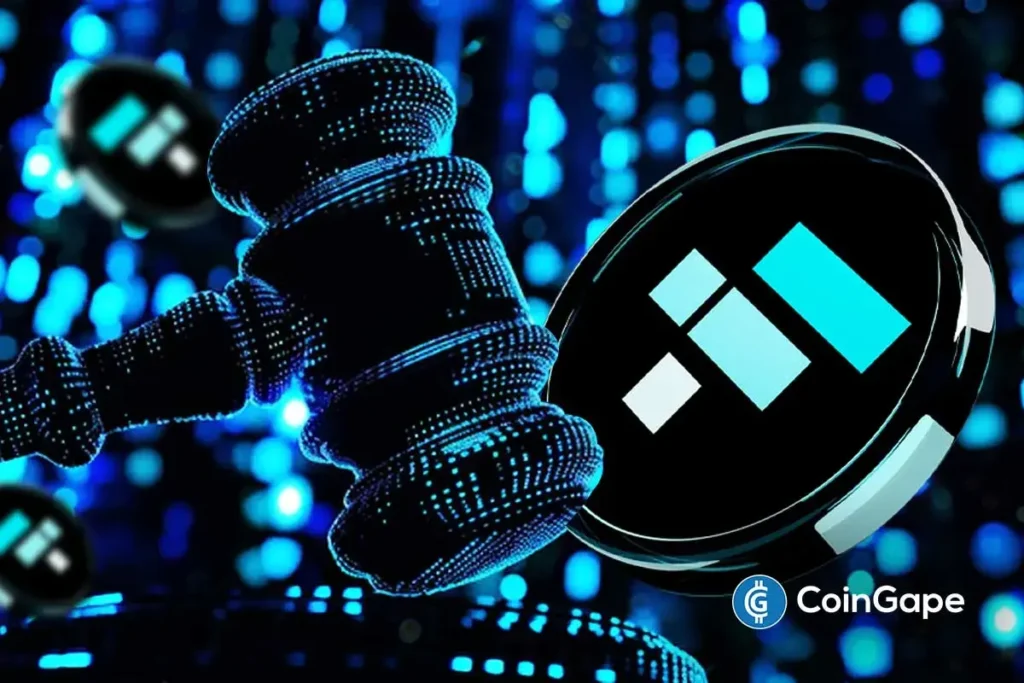Kroll’s 2023 Data Breach: FTX Creditors File Lawsuit for Justice
The fallout from Kroll’s 2023 data breach continues to impact FTX creditors, as a class action lawsuit has been initiated against the claims administration firm. Following the collapse of the notorious cryptocurrency exchange, the creditors have taken decisive legal steps in an effort to secure compensation and demand systemic changes within the platform, particularly ahead of the upcoming third round of reimbursements.
Allegations Against Kroll: A Call for Accountability
FTX creditors are expressing significant concern regarding Kroll Restructuring Administration, which is tasked with managing claims tied to the bankrupt crypto exchange. Attorney Nicholas Hall publicly announced the lawsuit via a post on X, alleging negligence on the part of Kroll in relation to both the August data breach and the broader claims handling processes associated with FTX, BlockFi, and Genesis bankruptcies. Creditors argue that Kroll’s failure to safeguard sensitive data has compounded the risks they face in recouping their funds amid the ongoing chaos of FTX’s financial collapse.
Understanding the Breach: Data Vulnerability Exposed
In August 2023, hackers exploited vulnerabilities within Kroll’s systems by using a Kroll employee’s mobile number to gain unauthorized access to cloud-based platforms. This breach exposed sensitive details, including customer names, email addresses, and FTX account balances. While it’s crucial to note that no actual FTX assets were compromised, this leaked information significantly heightens the risk of phishing attacks targeting affected creditors. The lack of effective communication from Kroll regarding the breach has also been a major area of contention; most notifications were limited to email alerts, ignoring more secure communication methods that could have better protected sensitive information.
The Rising Threat of Phishing Scams
In the wake of the data breach, creditors have reported a surge in phishing email scams that imitate communications from FTX. Community members, like Sunil, have shared alarming accounts of receiving targeted emails that fully incorporate their names and personal information. One particular case involved creditor Repko, who lost 1.9 ETH due to a phishing attempt linked to the breach. As these threats continue to escalate, FTX’s official liquidators have warned creditors to remain vigilant against deceitful communications that aim to extract personal information through bogus claims portals.
Systematic Flaws and User Experience Issues
Beyond phishing concerns, creditors are raising alarm bells regarding systematic flaws within Kroll’s management operations. Notable issues include inconsistencies in Know Your Customer (KYC) protocols, resulting in difficulties for creditors toggling between ‘Verified’ and ‘Hold’ statuses. Furthermore, creditors are struggling with tax-form submissions, additional layers made inconvenient by KYC requirements. These challenges highlight a dire need for reform within Kroll’s administration to enhance user experience and restore faith among affected creditors.
Demands for Reform: Legal Action as a Catalyst for Change
The class action lawsuit not only seeks compensation for damages suffered by creditors but also calls for significant systemic changes within Kroll’s administrative framework. Key demands include the implementation of multi-channel notification systems to improve communication, more straightforward manual tax-form uploads without KYC hindrances, stringent security measures, and independent audits of Kroll’s security and claims processes. Should the court rule favorably for the creditors, they may receive financial relief alongside vital operational reforms that could help rebuild trust in the system.
Looking Ahead: The Road to Recovery
Amid these legal developments, creditors are also eagerly anticipating the third round of reimbursements, which is set to total $1.9 billion and will occur on September 30, 2025. These reimbursements will be disbursed through platforms such as BitGo, Kraken, and Payoneer. However, as the payout date approaches, experts warn that scammers may intensify their efforts to exploit users. Consequently, creditors are urged to stay alert and utilize verified channels to avoid falling victim to fraud.
In summary, Kroll’s 2023 data breach has catalyzed a wave of legal actions from FTX creditors, raising critical questions about data security, communication, and the management of claims in bankruptcy proceedings. As these issues unfold in court, affected creditors are not only seeking justice but are also advocating for necessary changes that will enhance the overall safety of the digital finance ecosystem.
The growing concern around the data breach and its implications serves to rely on effective communication and robust security measures for ensuring the safety and trust of users in the cryptocurrency space. With ongoing legal battles and second chances for recovery on the horizon, creditors remain hopeful yet cautious amidst the ever-changing landscape of cryptocurrency.


